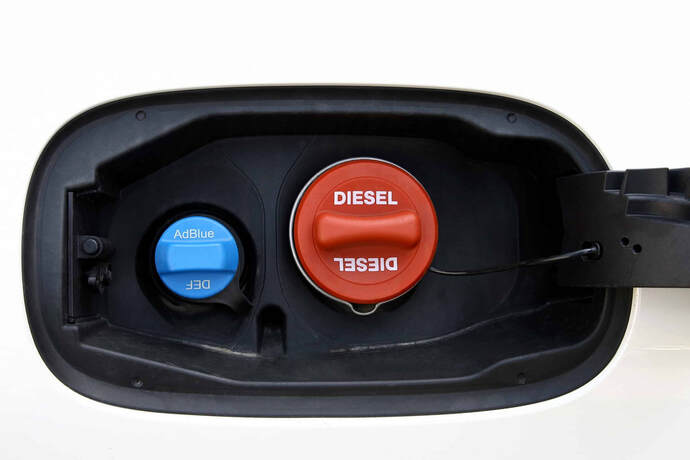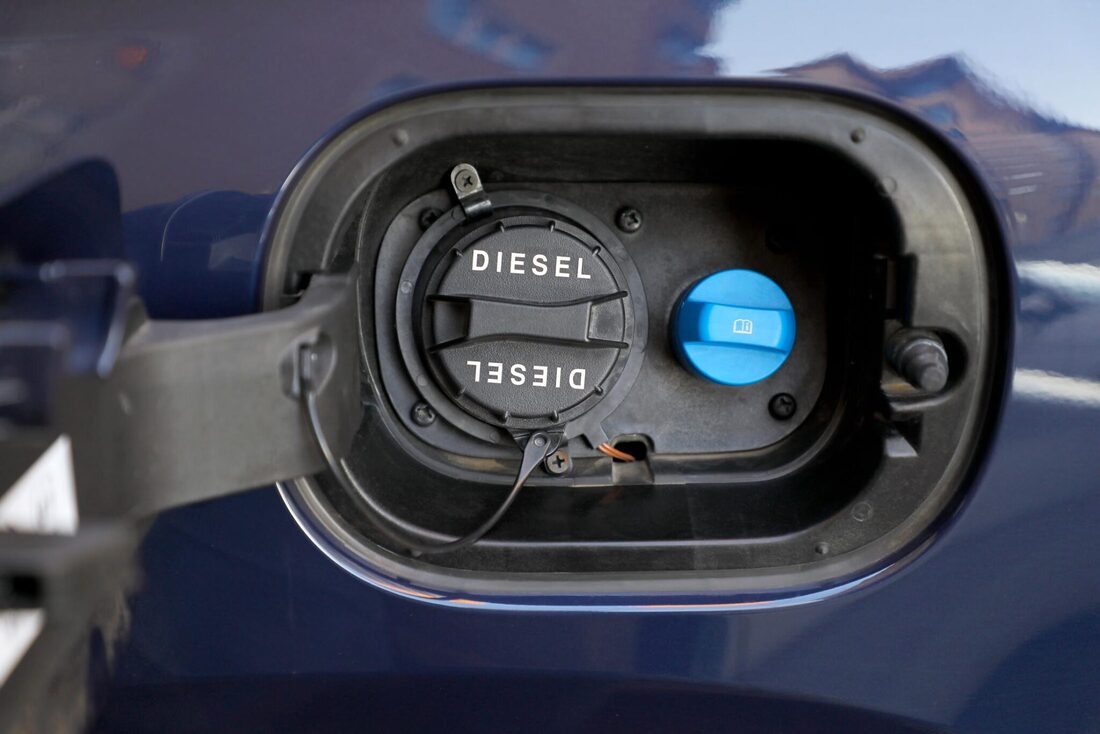Diesel Exhaust Fluid; used as a consumable in vehicles fitted with selective catalytic reduction7/4/2023 Diesel truck supporters, long-haul drivers and particularly fleet managers collaboratively had a Chicken Little moment way back in 2010 when the Environmental Protection Agency (EPA) compelled the usage of selective catalytic deduction in diesel engines. Because Diesel Exhaust Fluid is the thing that makes Selective Catalytic Reduction work its magic is an expendable fluid known as DEF, and proprietors of diesel automotive were going to have to include it to their automotive.
Nobody likes paying more cost for something troublesome. The reality of DEF and Selective Catalytic Reduction came out to not be that bad, once engine producers got their heads over utilizing and making the engines still dependable and in the end, rather the additional price of the fluid itself, the intensely decreased releases made the annoyance of topping off an additional tank of fluid once in a while kind of value it. Initially, SCR isn't new machinery, rather only having been compelled by the Environment Protection Agency in the last ten years or so. It's been over for around half a century and was initially utilized in the power generation industry to decrease oxides of nitrogen from coal-fired power plants. It's that oxides of nitrogen thing that one needs to keep in mind owing to it's those compounds nitrogen monoxide and nitrogen dioxide that are the vast difficulties with diesel combustion. So, in a Selective Catalytic Reduction -tooled automotive, the depleted gas from the engine is directed first through a particulate filter to catch all the soot and ash produced from burning what is a collectively impure fuel. That takes care of the rolling coal aspect of old diesel engines that make them collectively unpopular in the United States in the 1960s-1980s. From the particulate filter, the depleted gas travels past a nozzle which sprigs Diesel Exhaust Fluid into the stream of gases. Diesel Exhaust Field is made from deionized water and a very pure type of urea. Urea is seen in urine, however this is a filtered type of the compound and is mostly utilized in the agricultural industry as a constituent of fertilizer. The hot exhaust gas and Diesel Exhaust Fluid then arrive into the catalytic changer where the urea from the DEF and the exhaust gas react with a diversity of metallic components to change nitrogen dioxide and monoxide into nitrogen and water. Nitrogen is the main compound of the air people breathe and is sustainable to the surrounding. Water is well water. This is generally a super-easy version of the way Selective Catalytic Reduction works, however it's not similar the way the gasoline-powered car's catalytic converter performs, besides the additional step of inoculating urea in the exhaust stream. Many modern diesel engines utilize SCR in grouping with depleted gas recirculation and a DPF to decrease emissions. Exhaust gas recirculation or EGR is a usual procedure that is utilized in nearly all modern ICE engines to decrease the quantity of unburnt fuel in an automotive depleted gases. The downside to EGR is that it can adversely impact vehicle performance and fuel economy, and it adds other complex methods to a previously complex machine. As a response to the weaknesses of EGR, some companies are removing that system from their engines and using slightly more Diesel Exhaust Fluid to treat their exhaust gases, thus achieving similar results without the sacrifices in performance and economy. DEF can be bought at just around any gas station or truck stop in the region. Anyhow, it is known to be tough to find DEF in suitable 2.5-gallon jugs that made it tough for drivers to replenish their tanks while they required to do so.
0 Comments
In recent years, the world has witnessed an increasing concern for environmental sustainability and reducing harmful emissions. This has led to advancements in various industries, including the automotive sector. One of the significant developments in this regard is the introduction of Diesel Exhaust Fluid (DEF). In this blog, we will explore what DEF is, how it works, and why it plays a crucial role in reducing pollution from diesel engines.
What is Diesel Exhaust Fluid (DEF)? DEF, commonly known as DEF, is a solution composed of high-purity urea and deionized water. It is used in vehicles equipped with selective catalytic reduction (SCR) technology to reduce nitrogen oxide (NOx) emissions, which are harmful pollutants generated by diesel engines. How Does DEF Work? DEF is a critical component in the SCR system, which is an aftertreatment system for diesel engines. The SCR system works by injecting DEF into the exhaust stream, where it reacts with a catalyst to convert harmful nitrogen oxides into nitrogen, water vapor, and trace amounts of carbon dioxide. This chemical reaction occurs in the SCR catalyst, which can achieve a significant reduction in NOx emissions, typically by 90% or more. The Role of DEF in Reducing Emissions: Diesel engines are renowned for their efficiency and power, but they have been associated with higher levels of NOx emissions compared to gasoline engines. The introduction of Diesel Exhaust Fluid and SCR technology has revolutionized the diesel industry by enabling significant reductions in harmful emissions. By using DEF in SCR-equipped vehicles, manufacturers can meet stringent emissions regulations imposed by environmental agencies worldwide. The use of DEF allows diesel engines to achieve compliance with emission standards such as the Euro 6, EPA Tier 4, and CARB regulations. These standards aim to minimize the impact of diesel emissions on air quality and human health. Benefits of Diesel Exhaust Fluid: Environmental Impact: The primary benefit of Diesel Exhaust Fluid is its positive impact on the environment. By reducing NOx emissions, DEF helps minimize air pollution and smog formation, contributing to cleaner and healthier communities. Fuel Efficiency: Contrary to popular belief, the use of DEF does not negatively impact fuel efficiency. In fact, SCR technology, when coupled with DEF, optimizes the combustion process in diesel engines, resulting in improved fuel economy and reduced operating costs. Engine Performance and Durability: The SCR system, with Diesel Exhaust Fluid, allows engines to operate at optimal conditions while reducing the formation of harmful deposits. This leads to enhanced engine performance, reduced maintenance requirements, and increased longevity of the engine and exhaust system components. Global Adoption: DEF and SCR technology have gained widespread adoption globally, making it easier for diesel vehicle owners to access DEF at fueling stations. The availability of DEF ensures that diesel-powered vehicles can comply with emission standards regardless of their location. The introduction of Diesel Exhaust Fluid (DEF) and the implementation of selective catalytic reduction (SCR) technology have revolutionized the diesel industry. DEF plays a crucial role in reducing harmful NOx emissions from diesel engines, leading to cleaner air, improved fuel efficiency, and enhanced engine performance. As environmental regulations become more stringent, DEF will continue to play a vital role in mitigating the environmental impact of diesel-powered vehicles and promoting a greener future. |
AuthorWrite something about yourself. No need to be fancy, just an overview. Archives
July 2023
Categories
All
|


 RSS Feed
RSS Feed
